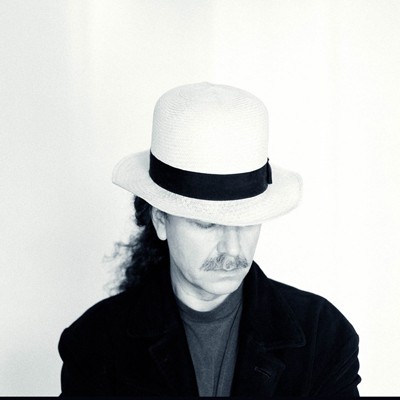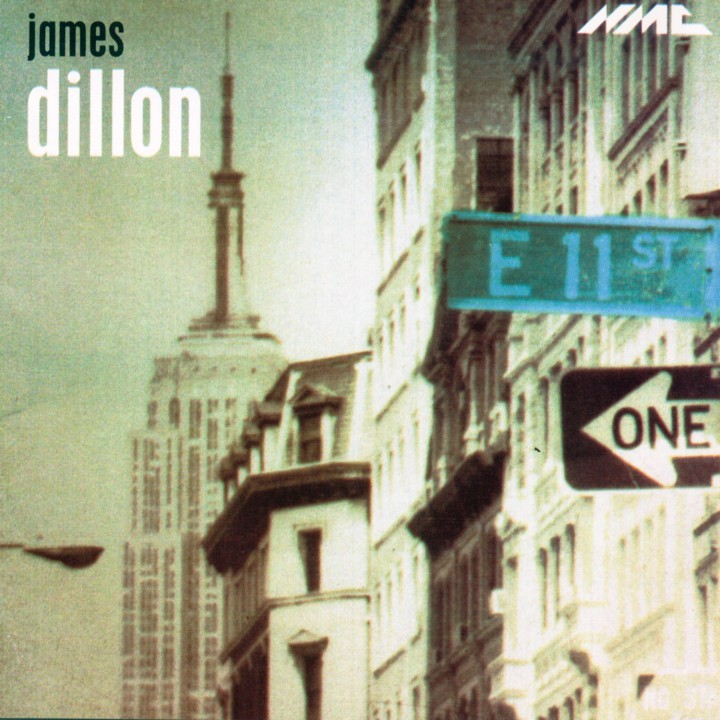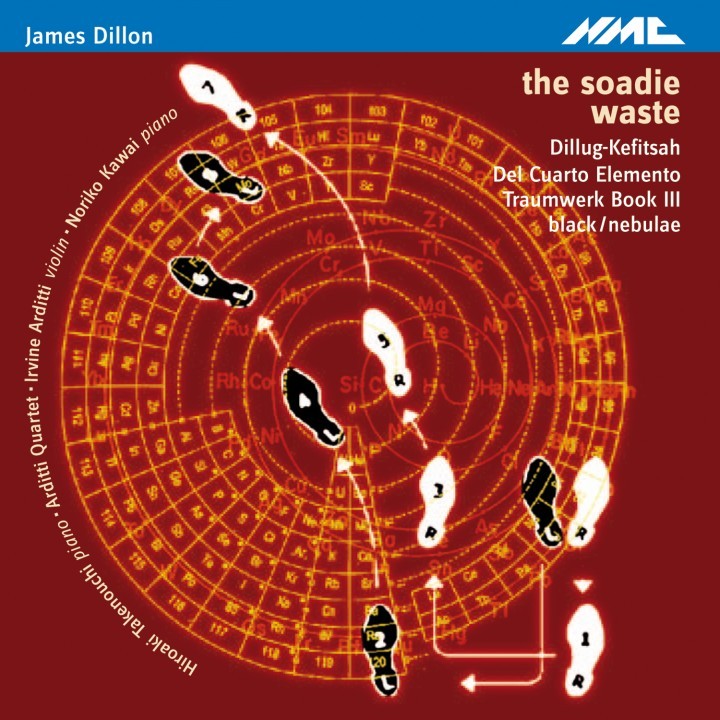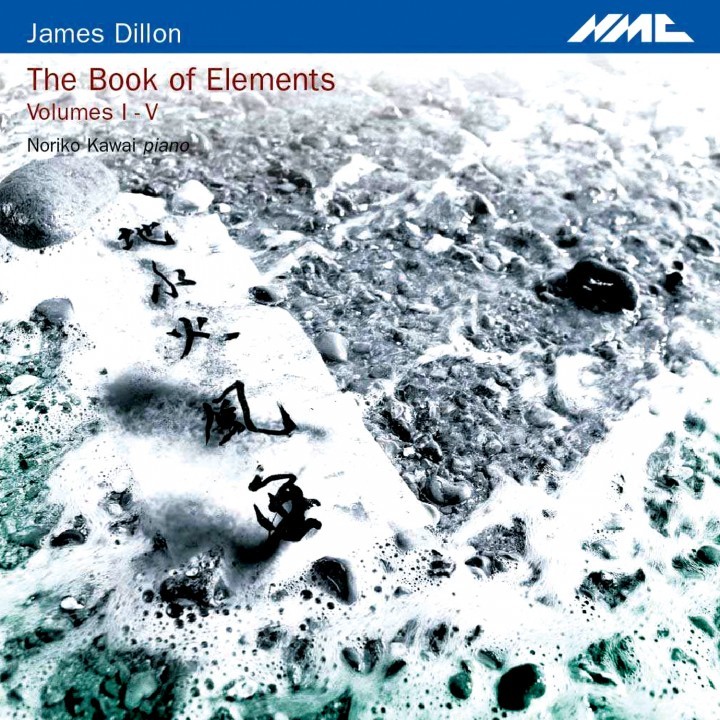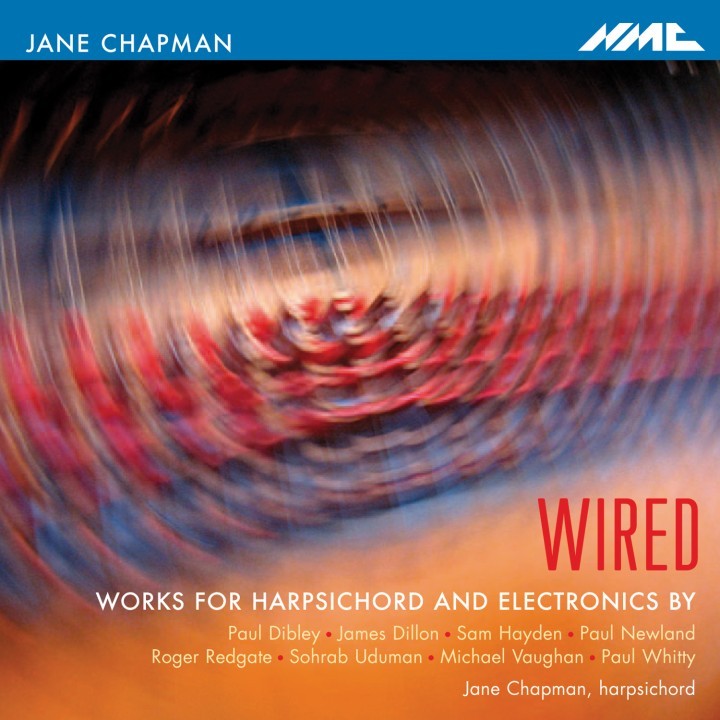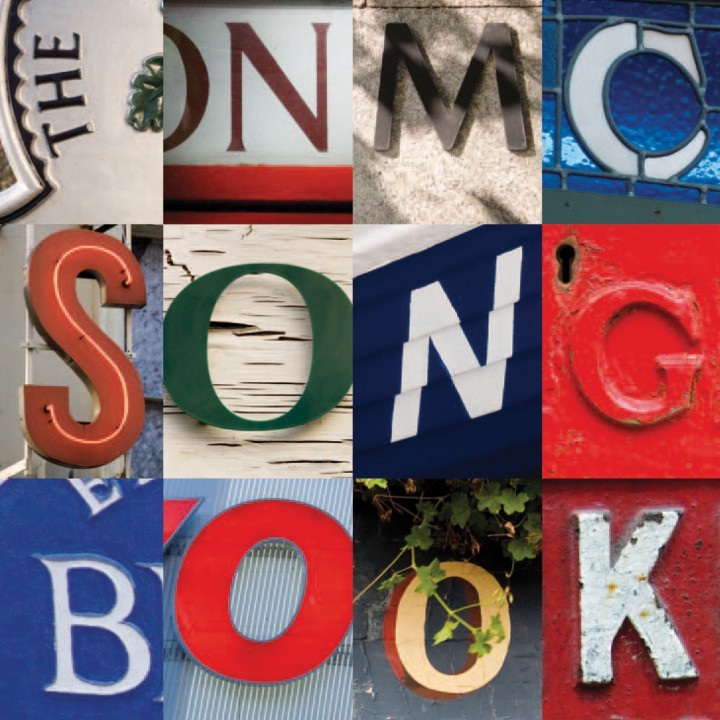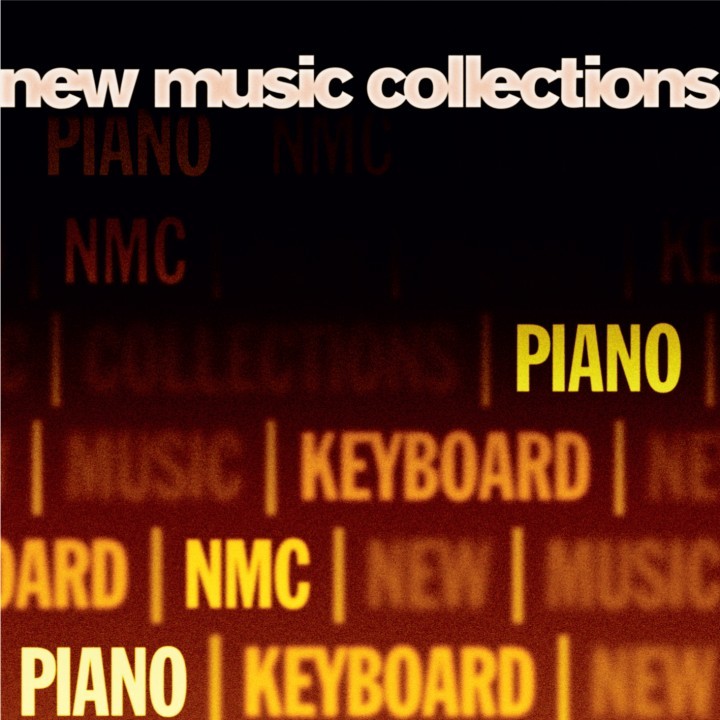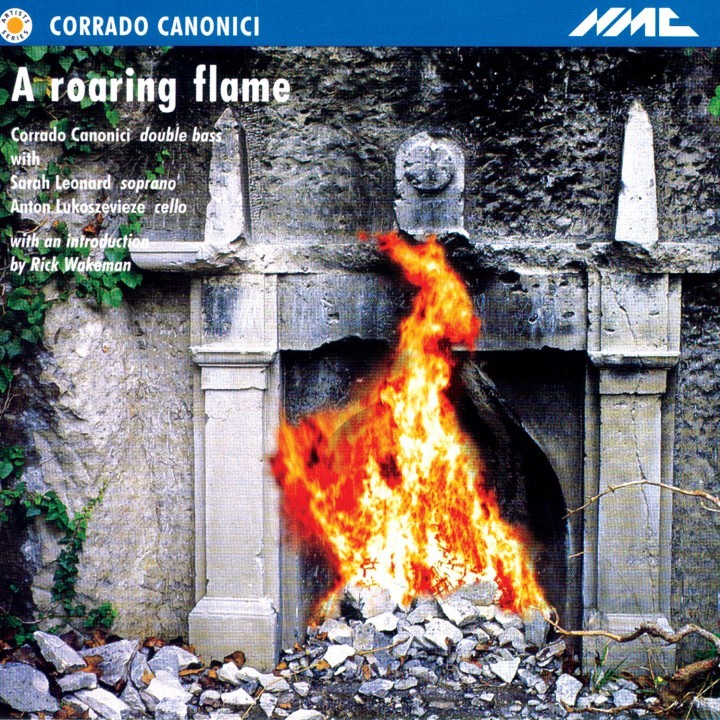James Dillon
James Dillon was born in Glasgow in 1950. In 1982, Parjanya-Vata, for solo cello, won the Kransichsteiner Musikpreis at the Darmstadt Ferienkurse für Neue Musik. The work's Sanskrit title refers to ancient Vedic hymns; Dillon studied Indian music during the early 1970s with Punita Gupta. Dillon was re-invited by Darmstadt to present new works throughout the 1980s and early 1990s.
In 1983, his First String Quartet received its premiere from the Arditti Quartet at the Huddersfield Contemporary Music Festival. The Arditti Quartet has remained closely involved with the composer, having premiered and widely performed all of Dillon's subsequent quartets, and Huddersfield is one of many festivals to have featured Dillon's music.
In the mid-1980s, Dillon began his 'German Triptych': this comprised Überschreiten (1985), helle Nacht (1987), and the 1996 flute concerto Blitzschlag. Through the 1980s and 1990s, James Dillon worked on Nine Rivers, an ambitious group of large-scale pieces that the composer conceived, not as a cycle, but as a collection of works with certain 'internal symmetries'. The nine works are scored for various forces, ranging from the solo percussion and electronics of La coupure, through ensemble pieces such as East 11th St NY 10003, to the largest works - Viriditas, for sixteen solo voices, and Oceanos.
Other grouped works include: L'évolution du vol, a song cycle for female voice and chamber ensemble; the violin series that makes up Traumwerk, of which the first book, for two violins, won the 1997 Royal Philharmonic Society award for chamber-scale composition and recorded by Irvine Arditti and Noriko Kawai for NMC; and The Book of Elements, a cycle in five volumes for solo piano also recorded for NMC by Noriko Kawai.
Dillon’s opera Philomela (2004) sets his own libretto, based on the myth of Philomela’s rape and torture by Tereus and her subsequent weaving of the story. Other recent works include the Fourth String Quartet, premièred in 2005 by Quatour Diotima, and awarded a unique third Royal Philharmonic Society Award for Chamber Scale Composition.
Dillon is closely associated with a number of the world’s leading contemporary music ensembles. He has been a guest lecturer at many universities throughout the world, and was named Distinguished International Visitor by New York University in 2001–2002. In 2003 he was awarded an honorary doctorate by the University of Huddersfield and in 2007 took up the position of Professor of Composition at the University of Minnesota.
James Dillon was born in Glasgow in 1950. In 1982, Parjanya-Vata, for solo cello, won the Kransichsteiner Musikpreis at the Darmstadt Ferienkurse für Neue Musik. The work's Sanskrit title refers to ancient Vedic hymns; Dillon studied Indian music during the early 1970s with Punita Gupta. Dillon was re-invited by Darmstadt to present new works throughout the 1980s and early 1990s.
In 1983, his First String Quartet received its premiere from the Arditti Quartet at the Huddersfield Contemporary Music Festival. The Arditti Quartet has remained closely involved with the composer, having premiered and widely performed all of Dillon's subsequent quartets, and Huddersfield is one of many festivals to have featured Dillon's music.
In the mid-1980s, Dillon began his 'German Triptych': this comprised Überschreiten (1985), helle Nacht (1987), and the 1996 flute concerto Blitzschlag. Through the 1980s and 1990s, James Dillon worked on Nine Rivers, an ambitious group of large-scale pieces that the composer conceived, not as a cycle, but as a collection of works with certain 'internal symmetries'. The nine works are scored for various forces, ranging from the solo percussion and electronics of La coupure, through ensemble pieces such as East 11th St NY 10003, to the largest works - Viriditas, for sixteen solo voices, and Oceanos.
Other grouped works include: L'évolution du vol, a song cycle for female voice and chamber ensemble; the violin series that makes up Traumwerk, of which the first book, for two violins, won the 1997 Royal Philharmonic Society award for chamber-scale composition and recorded by Irvine Arditti and Noriko Kawai for NMC; and The Book of Elements, a cycle in five volumes for solo piano also recorded for NMC by Noriko Kawai.
Dillon’s opera Philomela (2004) sets his own libretto, based on the myth of Philomela’s rape and torture by Tereus and her subsequent weaving of the story. Other recent works include the Fourth String Quartet, premièred in 2005 by Quatour Diotima, and awarded a unique third Royal Philharmonic Society Award for Chamber Scale Composition.
Dillon is closely associated with a number of the world’s leading contemporary music ensembles. He has been a guest lecturer at many universities throughout the world, and was named Distinguished International Visitor by New York University in 2001–2002. In 2003 he was awarded an honorary doctorate by the University of Huddersfield and in 2007 took up the position of Professor of Composition at the University of Minnesota.
Recordings by this composer
RecordingsCompilations with this composer
CompilationsRelated composers
Related composersExternal Links
Music Map
Discover more about the classical music of today with NMC's Music Map, and exciting and educational online tool which enables you to see and hear the connections between composers, their teachers, pupils, influences and their works.
Music Map
